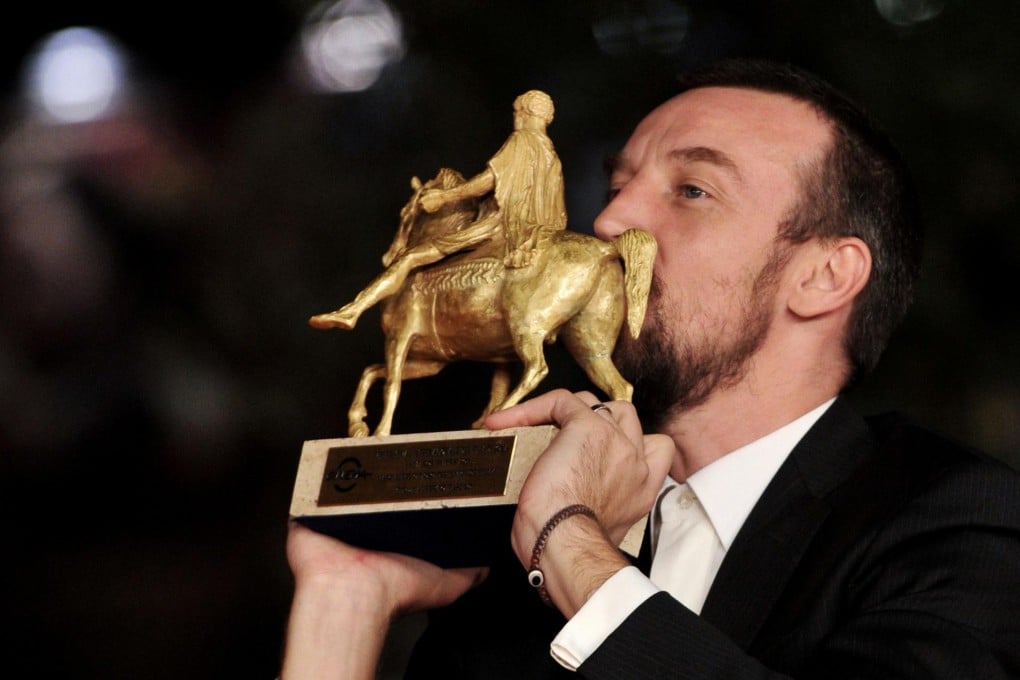
All roads lead to Rome, as the saying goes - and playfully developing this idea, the trailer for the eighth edition of the Rome Film Festival earlier this month shows a red carpet unfolding beautifully from an American bridge to the Great Wall of China, before finally reaching Rome's Auditorium Parco della Musica, the festival's main venue.
It is an apt description for the core idea of the festival and second-year festival director Marco Müller's programming choices. This year's offerings included American movies and Chinese-language films - with two-part supernatural omnibus , Maverick Director Award honoree Tsui Hark's , and Benny Chan Muk-sing's among the latter titles. There was also a strong focus on Italian cinema.
After last year's "trial run", the second year of his tenure represents a "period of adjustment", Müller says. That the festival managed to take place at all is something of a miracle. Drastic budget cuts and political instability in Italy made it touch and go until May.
But with large crowds - attendance was up 20 per cent from 2012 - and luminaries such as star Jennifer Lawrence attending, Müller looks to have found a winning strategy against the odds.
Led by US director-screenwriter James Gray, the international jury - whose members included Italian filmmaker Luca Guadagnino and mainland auteur Zhang Yuan - awarded the Golden Marc'Aurelio for best film to Alberto Fasulo's . The Italian's sophomore feature depicts the loneliness and hardships of a former schoolteacher (played by Slovenian actor Branko Zavrsan) who's forced by the economic crisis to become a lorry driver.
" struck us in a very particular way as having a tremendous sense of mood, an emotional arc, told an interesting story and invited us into a world with which we were not necessarily familiar," Gray said. The first Italian film to win the festival's top prize, it confirms, after Gianfranco Rosi's won the Golden Lion in Venice earlier this year, that Italian cinema is creatively breaking boundaries between fiction and documentary.
